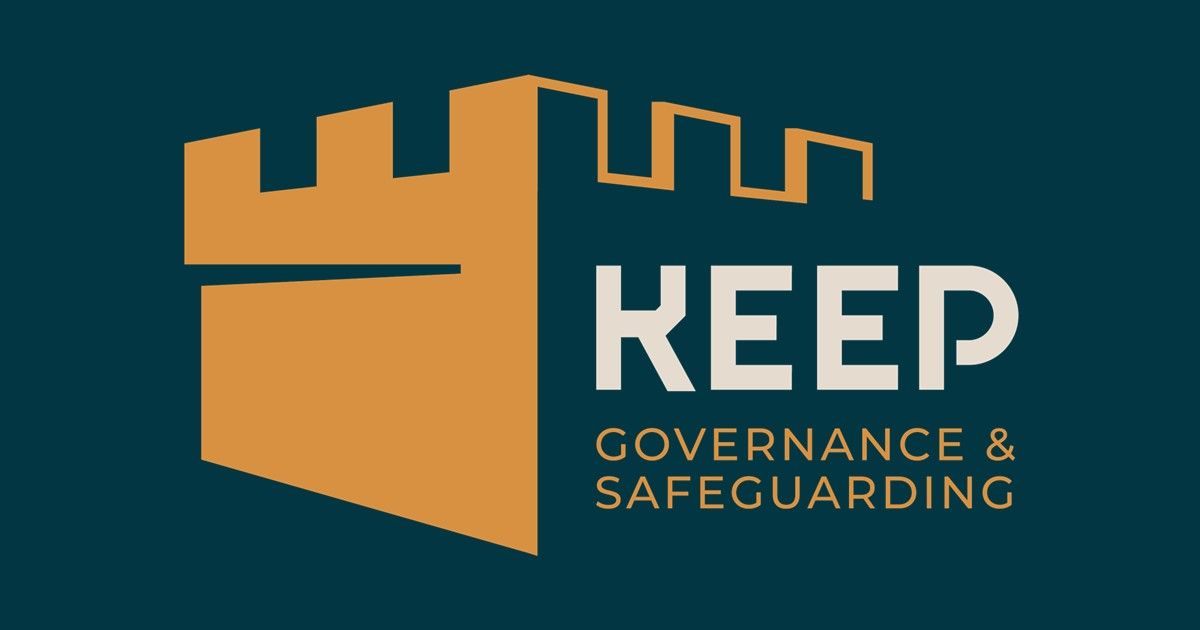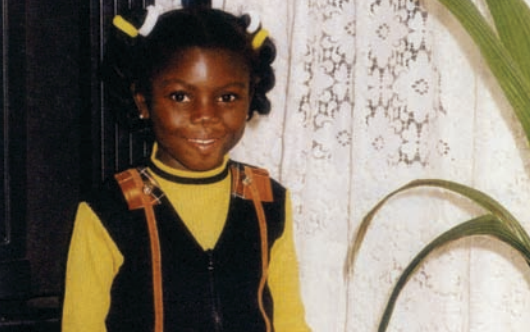Trusted adults: the most underrated weapon in our safeguarding armoury
In any setting, sports clubs, performing arts schools, education or care, trusted adults empower victims of abuse to come forward
Keeping people safe from abuse, exploitation and harassment is complex, but there are some simple principles. One of those is putting people who can be trusted wherever someone spends their time; they might hold the key to enabling a disclosure of abuse, and preventing further abuse.
Research tells us that it is very hard for victims of abuse to disclose what has happened to them, and too often there are barriers (or perceived barriers) in the way which prevent them from talking about it.
For children in situations where they their future, or their perceived value and worth, is dependent upon the decisions of others, for instance in elite sports clubs or performing arts clubs, this can be even harder, especially where the abuse is perpetuated in that organisation. The Whyte Review [1] stated:
“The fear of de-selection or demotion was cited as a principal reason for not complaining by several current and former elite gymnasts. One gymnast stated 'I feared if I spoke out or stood up to said bully/coach I could be jeopardising my chances of making it to the Olympics' while another expressed that 'We have always been made to feel like if we speak up we will get removed from the team or even worse…".
And yet, statistics published by the CPSU and Loughborough University [2] showed that 55% of child safeguarding concerns raised to people within sports clubs were about abuse experienced outside the sport. In fact, the statistics suggest that for every disclosure of sexual abuse within a sports Club setting, there were two more disclosures made about sexual abuse outside the setting.
The majority of those children would have been likely to be in school or involved in other activities, but they chose to make the disclosure in the sports club. Sports clubs have their own pressures which can make it harder for some children to come forward about abuse, but this evidence tells us that they are also places where some children feel comfortable enough to make disclosures.
It is therefore vital that staff and volunteers in all organisations providing activities to children, and adults-at-risk, understand abuse and exploitation and know how to receive a disclosure. The NSPCC’s No one noticed, no one heard report [3] looked into the experience of disclosing for victims of childhood abuse. Its further research, based on some of the findings noted “that it’s helpful for children and young people in the moment of disclosure if adults use appropriate interpersonal skills to make it clear they are listening and taking them seriously.”
The word ‘skills’ is used deliberately, and the thing with skills is that they are developed through training or experience – they are not intrinsic to anyone or accidentally developed.
In the moment of disclosure, these appropriate interpersonal skills are vital, but they are also necessary in creating the environment for children to come forward, so they know they will be believed, they will not be judged and their situation will improve because of their disclosure.
Keeping Children Safe in Education provides guidance for school staff in receiving a disclosure, which states:
“All staff should be able to reassure victims [when making a disclosure] that they are being taken seriously and that they will be supported and kept safe. A victim should never be given the impression that they are creating a problem by reporting any form of abuse and/or neglect. Nor should a victim ever be made to feel ashamed for making a report.”
This paragraph is included in the statutory guidance because the research, including that cited above, has identified a badly received disclosure as a risk in itself. Any child, or adult-at-risk, trying to disclose abuse should never be given the impression that they are not believed; this will miss an immediate opportunity to prevent abuse, and will make it harder for them to try to make the disclosure again in future.
Making sure staff and volunteers are trusted by children and adults at risk, and are confident to hear disclosures and react in an appropriate and supportive manner is vital. Training, and regular safeguarding updates are key elements in making that happen and should be prioritised by organisations.
Footnotes
1. https://www.uksport.gov.uk/resources/the-whyte-review/whyte-review-report
2. https://thecpsu.org.uk/news/2024-10-beyond-sport-a-statistical-look-at-concerns/
3. https://learning.nspcc.org.uk/media/1664/let-children-know-listening-briefing-english.pdf


The Shell Store
Canary Drive
Skylon Park
Hereford, HR2 6SR
Find us with what3words: ///slide.shut.courier
KeepSafe Ltd t/a Keep Governance and Safeguarding © 2025
Company No: 09802024
Keep Governance and Safeguarding ® is a registered trademark of KeepSafe Ltd
VAT No: 408 5074 05
View our Privacy Policy here.


